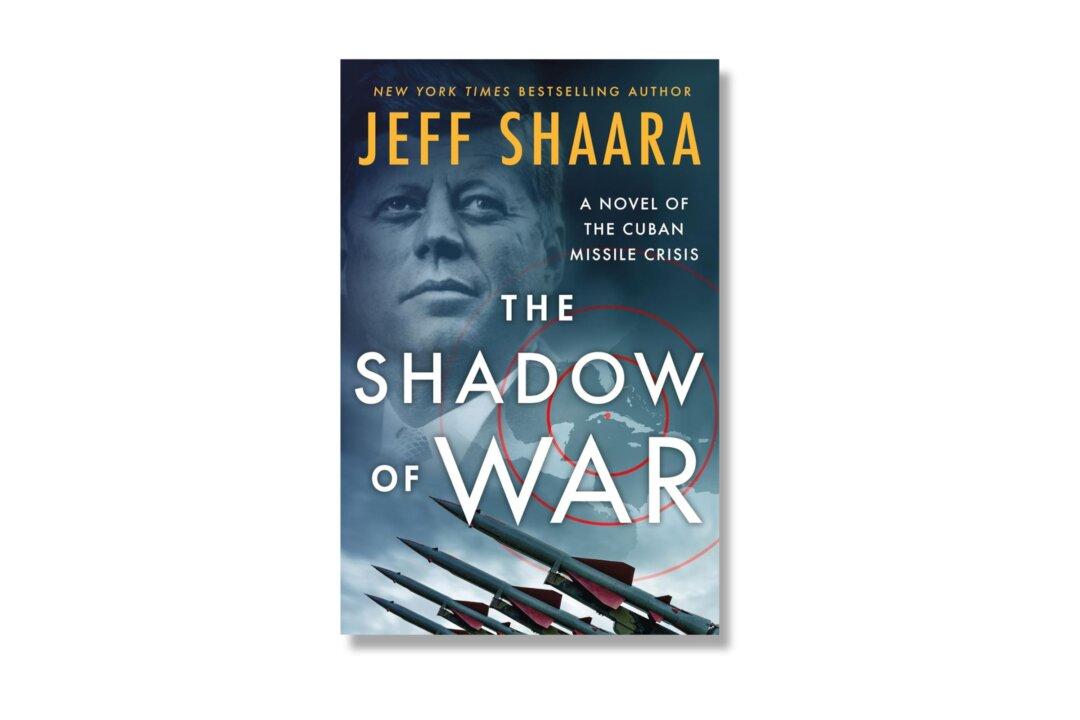From 1947 until the Soviet Union dissolved in 1991, the United States and Russia were the two big boys on the global block, ideological enemies shaking their fists at each other from time to time. In addition to constant attempts to bring other countries into their spheres of influence, with flareups in places like Berlin and Hungary, both nations housed large numbers of nuclear weapons, missiles, and bombs, which provided a rough balance of power known as MAD, or Mutually Assured Destruction.
This possibility of massive nuclear destruction and countless deaths influenced the latter half of 20th-century literature, and it continues to do so today. Novels like Pat Frank’s “Alas, Babylon,” Walter Miller Jr.’s “A Canticle for Leibowitz,” Nevil Shute’s “On the Beach,” and more recently, William Forstchen’s 2009 “One Second After” are a few examples of the apocalyptic fiction written in the last 70 years.






